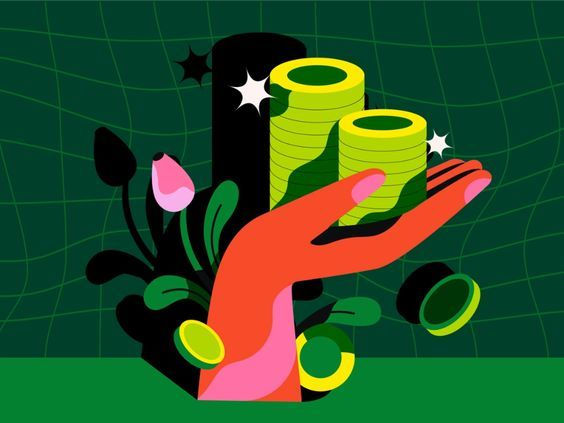Understanding Welfare vs Efficiency, A Trade-off in Economics In a dream world
- Rashi Paleja
- Jul 22, 2025
- 1 min read

By Neeti Daryapurkar
In a dream world, policies would enhance both welfare and efficiency. But in reality the government faces issues in balancing both. What should be given more priority? fairness or productivity. This question still stands in many public - policy debates. For example, taxation to subsidies , healthcare to education.
Now what does welfare mean? It refers to the well-being of every individual in a society, especially the most vulnerable. It's mainly about easy access to all basic necessities and opportunities. Then what is efficiency? It means proper usage of resources and attaining an output without wastage.
The trade-off. While some policies can promote welfare, they can also reduce efficiency. For example, subsidized healthcare. It will give a universal access but can strain the government budget. Another example, today privatization is increasing in many countries thereby increasing efficiency but also leading to excluding the people who can't afford it.
Good policy making is not when one has to be chosen over the other. It's about creating systems that minimize these trade-offs. For example, targeted subsidies, public- private partnerships. etc.
The welfare-efficiency trade-off is a challenge that can be solved by evolving the policies aiming for both fairness and productivity.






Comments